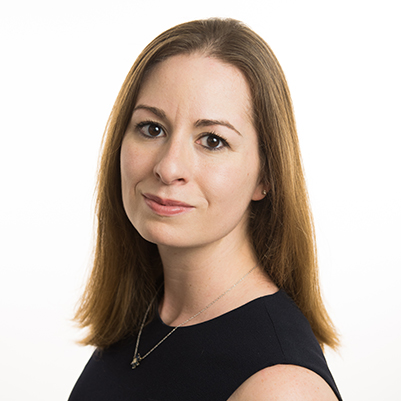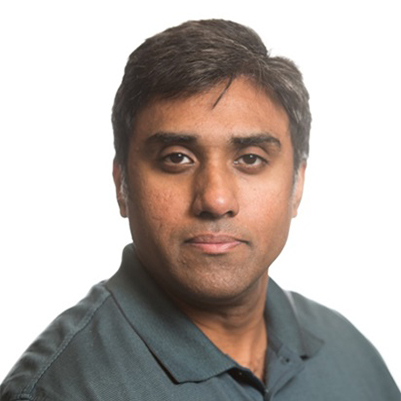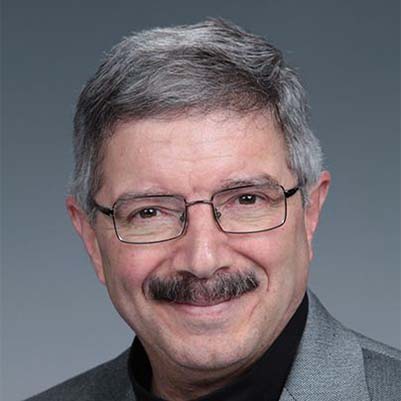Towards Automated Cyber Mission Modelling

Abstract:
Large-scale enterprises execute a full range of missions to satisfy objectives. Healthy enterprises should acquire and maintain mission awareness (which requires reasoning) over mis-sion models that identify the structure and character of missions along with their related cyber resources. Models are typically constructed by subject matter experts using a time- and labour-in-tensive manual process. This paper describes a novel framework comprising high-level processes that model mission essential functions and mission threads, as well as recognising active instances. This framework enables data-driven, semi-automated modelling to construct accurate, timely mission representations necessary for mission assurance and mission mapping.
AUTHORS

Pacific Northwest National Laboratory Richland, WA,
United States
Kristine Arthur-Durett has been a Cyber Security Researcher at Pacific Northwest National Laboratory (PNNL) since February of 2015. Her research experience includes situational awareness, metrics and analysis of cyber data, risk and loss analysis, and experimental design. Her interests include using a variety of mathematical and statistical techniques to describe and understand cyberspace and its interactions with the physical world. Kristine’s education includes a B.S. in Mathematics and an M.S. in Information Assurance and Security from Purdue University.

Pacific Northwest National Laboratory Richland, WA,
United States
Thomas E. Carroll is a Senior Cyber Security Researcher at PNNL in Richland, WA. His research interests include wide-area situation awareness, semi-automated and automated mission modelling, and the security of cyber vehicle and cyber physical systems. He received a Ph.D. in Computer Science from the Wayne State University, Detroit, Michigan, in 2009.

Pacific Northwest National Laboratory Richland, WA,
United States
Dr. Dennis Thomas is a Computational Scientist at the Pacific Northwest National Laboratory in the United States. He collaborates with scientists to solve challenging research problems in cyber security, material science, engineering, and biological domains, by applying AI and machine learning techniques, high performance computing, mathematical and physics-based modelling (at continuum, molecular, and mesoscopic length scales and time scales), and computer simulations. He earned his master’s and doctoral degrees in Chemical Engineering from Washington University in St. Louis, MO, in the year 2006; and, his bachelor’s in Chemical Engineering from the Indian Institute of Technology, Madras, in the year 2001.

Pacific Northwest National Laboratory Richland, WA,
United States
Nicholas J. Multari is the Senior Technical Advisor for Research in Cybersecurity at PNNL in Richland, Washington. He establishes the direction and leads the execution of the various research projects resulting in a rigorous foundation upon which security concepts are matured and implemented. Prior to joining PNNL, he was the manager for trusted cyber technology at Boeing Research and Technology in Seattle, Washington. In 2008, he served as a consultant to the USAF Scientific Advisory Board (SAB) investigating the effects of the contested cyber environment on the USAF mission. In addition to being a Senior Security Engineer with Scitor Corporation in Northern Virginia where he supported the government in addressing enterprise level information assurance issues. Nick spent 20 years as a computer scientist in the Air Force retiring as a Lt. Col. In the Air Force, his positions ranged from system acquisitions to networking to computer security management. He received a bachelor’s degree in Mathematics from Manhattan College, New York; a master’s degree in Computing and Information Science from Trinity University, Texas; and a Ph.D. in computer science from the University of Texas at Austin.
Published In
Journal of Information Warfare
The definitive publication for the best and latest research and analysis on information warfare, information operations, and cyber crime. Available in traditional hard copy or online.
Quick Links
Archive

